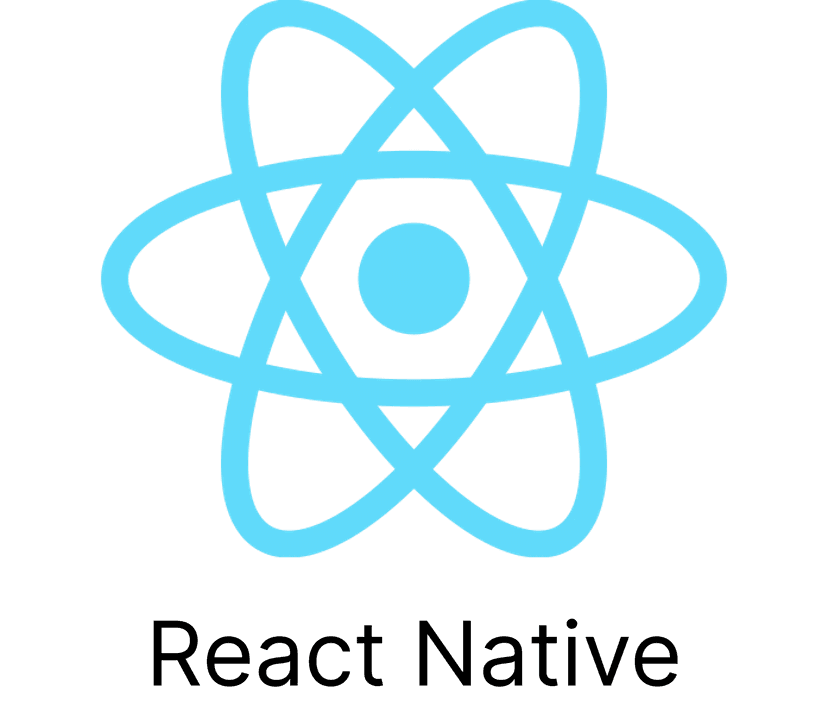React Native

What is React Native?
Definition
React Native is an open-source framework developed by Facebook for building mobile applications using JavaScript and React. It allows developers to create native apps for Android and iOS platforms with a single codebase, leading to reduced development time and effort.
Analogy
Imagine you're a chef who needs to cook the same dish for two different restaurants, but each restaurant has its own unique kitchen setup and equipment. React Native is like a recipe that helps you create the same dish in both kitchens, using the same ingredients and instructions, while still fitting each kitchen's unique requirements.
In other words
React Native allows developers to create mobile applications for Android and iOS platforms using a single codebase, making the development process more efficient and streamlined.
Why is React Native important?
It's one thing to know what React Native is, but that is worthless if you don't know why you should know what a code repository is in the first place. Let's break down the importance of this tech term based on two high-level categories. We'll walk through an explanation as well as provide a score, 1-10, that shows you how much you should care about React Native.
Pre-Product: 3/10
If you don't have a product yet, React Native may not be a top priority. However, it's still important to be aware of it as a potential solution for future mobile app development. Knowing about React Native can help you make informed decisions when it comes to choosing the right technology stack for your product.
Live Product: 5/10
If you already have a live product, React Native becomes more important. If you're planning to expand your product to multiple platforms, or if you're looking to improve the performance and user experience of your existing mobile app, React Native can be a game-changer. By leveraging its single codebase approach, you can save time and resources in development, maintenance, and updates.
Examples of React Native
So you know what React Native is, by definition. You know if you should care about it or not depending on your situation as a business/company/product. To dig in deeper, we will walk through some tools and processes so we can make sure you really have a solid grasp on React Native.
Example Apps Built with React Native
- Facebook Ads Manager: Facebook's own Ads Manager app is built using React Native, showcasing its capabilities in handling complex business logic and performance requirements.
- Instagram: Instagram has integrated React Native into their existing app, resulting in improved development velocity and a more consistent user experience across platforms.
- Airbnb: Although Airbnb has since moved away from React Native, they used it for a significant portion of their app, demonstrating its potential for large-scale applications.
Key Takeaways:
- React Native is an open-source framework for building mobile applications for Android and iOS using a single codebase.
- If you don't have a product yet, React Native is not a top priority, but it's still important to be aware of it for future mobile app development.
- If you have a live product, React Native becomes more important, especially if you're looking to expand to multiple platforms or improve your app's performance and user experience.
- Examples of apps built with React Native include Facebook Ads Manager, Instagram, and Airbnb.

